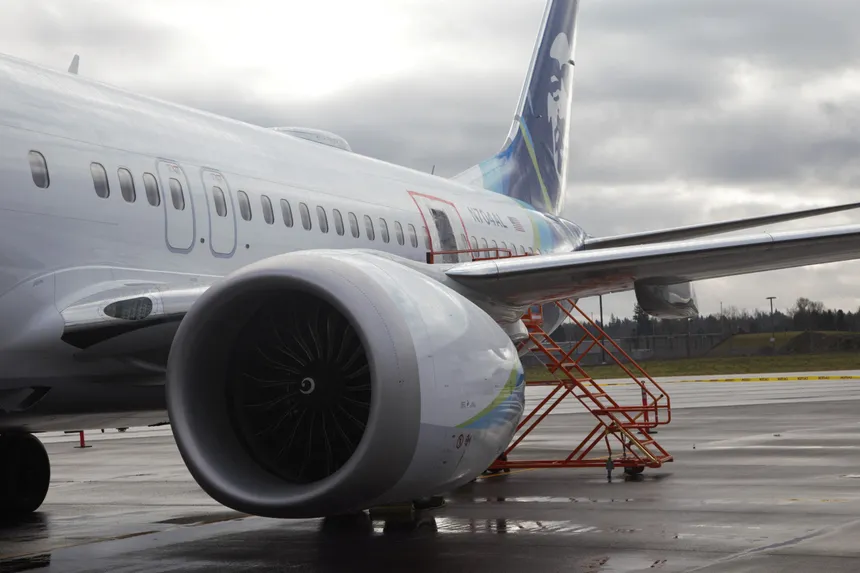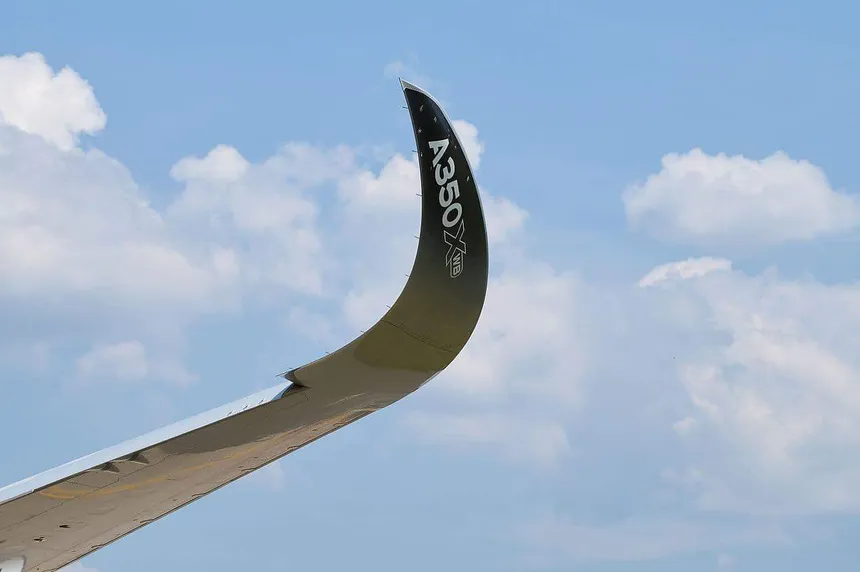As heatwaves grip parts of the US and around the world, airlines are being forced to adopt unconventional measures to ensure the safety of their passengers. In Las Vegas, Allegiant Airlines is warning that they will delay flights if there is a threat to passenger safety due to extreme temperatures reducing the performance of engines and the lift planes’ wings can produce.
Just recently, several Delta passengers voluntarily disgoed a flight from Las Vegas to Atlanta after aircraft weight issues caused by the heat led to delays. As a result, additional protocols have been put in place to address the operational impacts of extreme heat on aircraft. This includes loading less fuel to account for weight and balance and schedule refueling along the route when needed.
One Delta flight from Las Vegas to Atlanta last week sat on the tarmac for four hours without air conditioning, causing some passengers to experience heat-related sickness. The incident was described by US Transportation Secretary Pete Buttigieg as “shocking”. American Airlines has also responded to the issue by taking extra steps to ensure cooled air on jet bridges and performing early maintenance on auxiliary power units.
Despite these measures, high temperatures are still posing significant challenges for airlines. Some flight manuals recommend that aircraft do not exceed temperatures of 120F, warning that when exposed to extreme heat passengers aboard the airplane could be at risk. In Death Valley, where temperatures can reach as high as 130F, park service officials have warned hikers that rescue helicopters will not be able to fly to their aid during the day.

A heat dome over the US south-west has led to temperatures soaring to 116F in Las Vegas and 119F in Phoenix. In 2017, extreme temperatures in Phoenix forced the cancellation of over 60 flights, primarily by smaller regional jets and older aircraft, due to safety calculations not being calibrated for 120F temperatures.
Industry experts are warning that as temperatures continue to rise, flights will have to wait until the sun goes down and the temperature drops before taking off. Robert Mann, an industry expert, notes that “as temperatures increase, there are going to be more occasions, at more places, where certain flights are going to have to take payload limitations or stop en route because they had to short-load the fuel.”
As temperatures on the horizon continue to pose a challenge to the aviation industry, it remains to be seen how airlines will adapt to this new reality. In the meantime, passengers can expect delays, shed baggage, and possibly even shorter flights as airlines work to ensure the safety of their passengers in the face of extreme temperatures.

